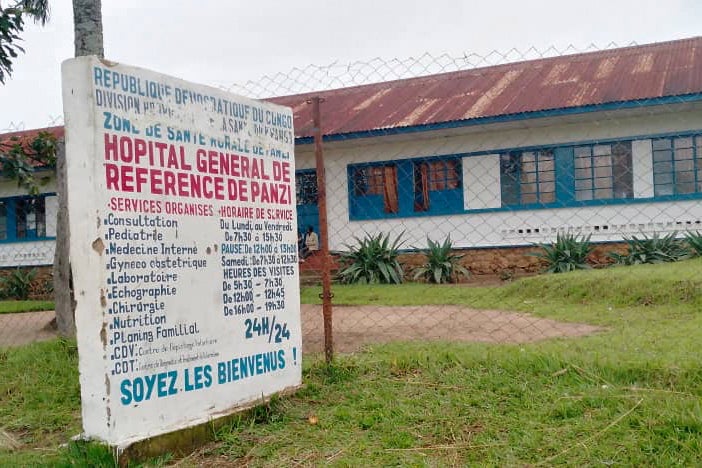Authorities say the mystery disease in Congo might be malaria but more testing is needed
Authorities say the mystery flu-like illness that has killed dozens of people in southwest Congo in recent weeks might be malaria

The mystery flu-like illness that has killed dozens of people in southwest Congo in recent weeks might be malaria, according to results from laboratory samples of infected people, authorities said Wednesday.
“Of the 12 samples taken, nine were positive for malaria but these samples were not of very good quality, so we are continuing to research to find out if this is an epidemic," Dr. Jean-Jacques Muyembe, director-general of the National Institute for Biomedical Research in Kinshasa, told The Associated Press.
"But it is very likely that it is malaria because most of the victims are children,” he added.
On Tuesday, the head of the World Health Organization, Tedros Adhanom Ghebreyesus, also said most of the samples tested positive for malaria, but noted it is possible that more than one disease was involved. He said further samples will be collected and tested.
In recent weeks, there were 416 reported cases of the mystery disease and 31 deaths from it in hospitals, WHO director-general said. There were another 44 deaths in the community, Congo's health minister Roger Kamba said last week.
Most of the cases and deaths are in children under 14 in the remote Panzi health zone in Congo's western Kwango province, according to the WHO.
Panzi resident Ezekiel Kasongo said his 9-year-old son was just released from the hospital after he fell sick two weeks ago.
“He had a high fever, a headache and was very weak,” Kasongo told the AP. “We were very worried because of the number of deaths, especially among children, but God be praised, he is out.”
The symptoms include fever, headache, cough and anemia. Experts from the National Rapid Response Team and WHO were in Panzi last week to take samples and investigate.
The Panzi health zone, around 435 miles (700 kilometers) from the capital, Kinshasa, is hard to access. The experts took two days to arrive, according to Congo's health minister.
Because of the lack of local testing capacity, samples had to be taken to Kikwit, more than 500 kilometers away, the head of the National Institute for Public Health, Dieudonne Mwamba, said last week.
Panzi was hit by an epidemic of typhoid fever two years ago, and there is currently a resurgence of seasonal flu across the country, Mwamba added.
The area also has high levels of malnutrition and low vaccination coverage, leaving children vulnerable to a range of diseases including malaria, the head of the WHO said Tuesday.
Bookmark popover
Removed from bookmarks